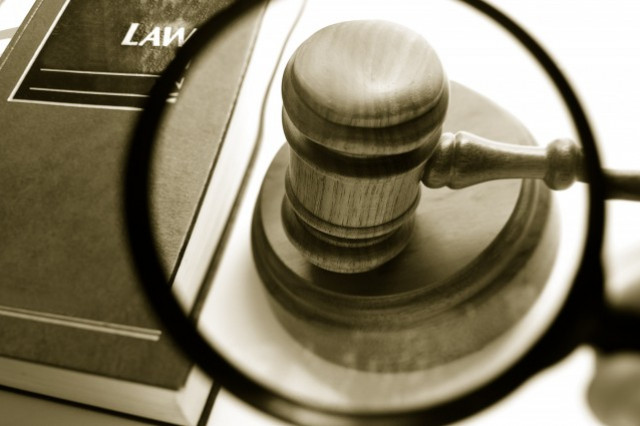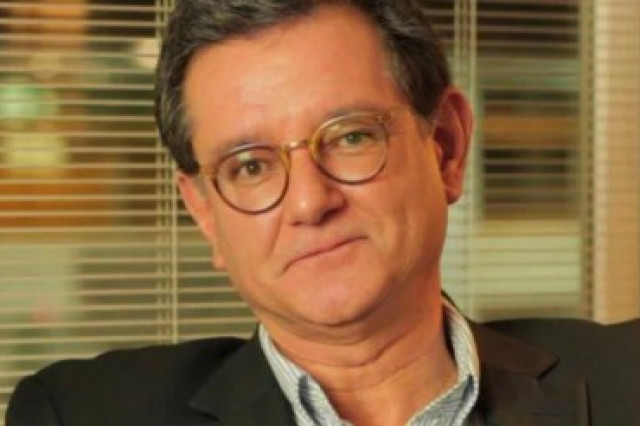
Interview | Emily O'Neill: "The official meetings of the European Commission with Lobbies should be made public"
Carmen P. Flores
Emily O'Neill, European Ombudswoman since July 2013. She is the first woman to hold this position. Writer, journalist and television presenter. She was Information Commissioner in Ireland in 2003 and in 2007 Commissioner for Environmental Information. Her career as a journalist, presenter and political writer achieved significant national and international recognition, including a Harvard Fellowship in 1988 and numerous national awards. He has written three critically successful books on Irish politics and media, and is also currently a member of the International Advisory Board of the Niemande Journalism Foundation at Harvard.
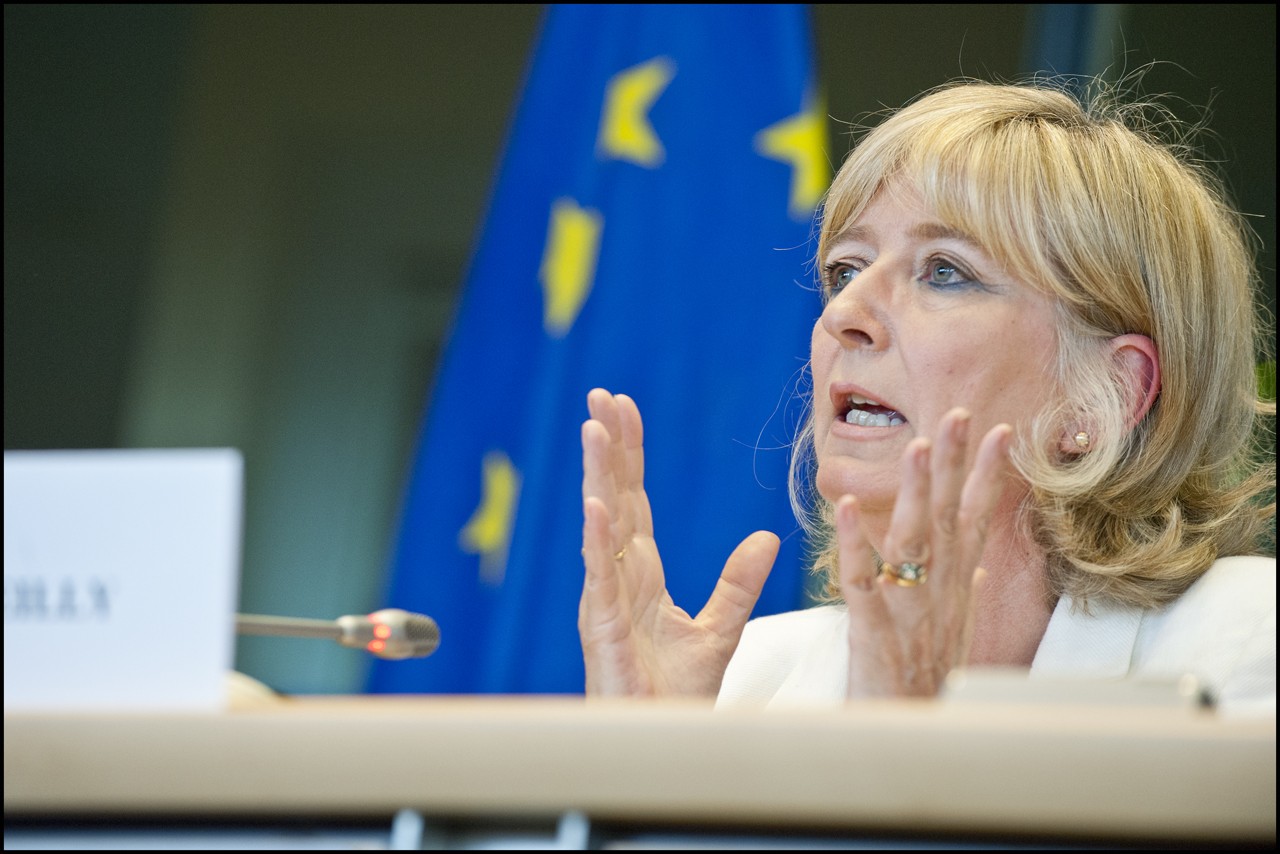
Do you believe that European the general public identify and trust in their institutions?
I believe that the majority of EU the general public are in principle identified with their national institutions, as it is primarily national governments that deal with issues such as education, health and welfare, which people tend to have Very definite opinions. This means that EU institutions often need to work harder to win the trust of EU the general public and set the "gold standard" when it comes to issues of transparency and ethics of the Administration. However, it is also important to note that the EU institutions already have higher standards of transparency than many Member States.
Is there a lack of transparency in the European institutions?
In general, the EU institutions are well aware of the importance of a transparent and open public administration. Juncker, the President of the European Commission, made transparency an important part of their 2014-2019 programme. I would like to see the Commission move forward in some respects. For example, I think that all official Commission meetings with lobbyists should be published, not just those with high-level civil servants. I also believe that there is more work to be done on transparency in the EU Council, so I have just opened an inquiry to determine whether it is allowing sufficient public scrutiny of developments in the debates on draft laws.
My aim is to shed light on how EU draft laws evolve as they progress through the various meetings of national civil servants and ambassadors in the Council before being finally agreed upon by government ministers. This should help to clarify some popular misunderstandings about exactly who develops and agrees new laws and separates in the public mind the responsibility of "Brussels" from the responsibility of the member states.
How to deal with conflicts of interest?
There are cases where there are clear conflicts of interest and cases where there is a perception of a conflict of interest. Both are detrimental to public opinion about EU institutions. That is why I say that transparency is the best way to address this issue. Conflict of interest statements should be detailed, complete and public. Of course, a person who advises or is in charge of a file has links to a related industry, but if this is clearly expressed in a declaration of interest, this link is much less likely to lead to misperceptions and mistrust. Sometimes people are not aware that they are in a situation of conflict of interest, so I place the responsibility on the institution concerned to actively request the declaration of interests and see that they are updated regularly.
Should the revolving doors concerning European politicians be revised?
The public's reaction to the recent decision by former Commission President José Manuel Barroso to take up an advisory role at Goldman Sachs Bank shows how the general public have become more aware of the interactions between the public and private sectors. In response, President Juncker proposed strengthening the Code of Conduct for Commissioners. Although I would like to extend the period of reflection, it is clear that some posts will remain problematic even after two or three years.
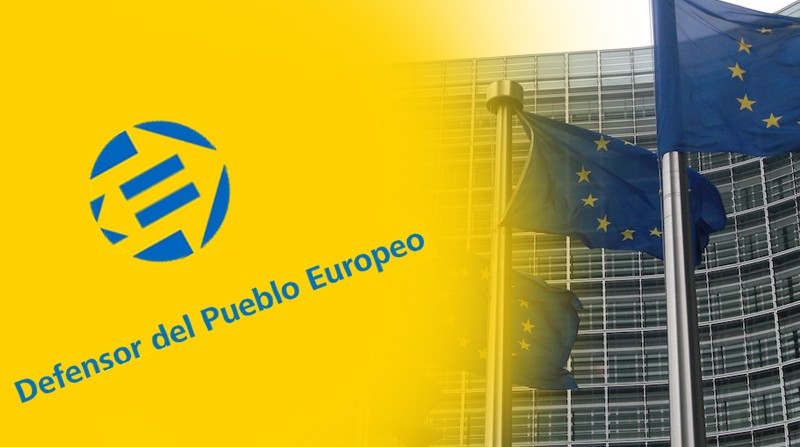
The EU staff who had signed a petition against Mr Barroso went to my office after the Commission had not replied to a letter from him. As part of that research, I am examining the workings of the ethics committee that decides whether ex-commissioners have violated any rule with their work following the completion of their mandate. My office will examine the Committee's dossiers on Mr Barroso - the committee did not find Mr Barroso to be in breach of the Code of Conduct - and their views on the five previous cases.
It is difficult to undo negative perceptions once they are installed in public opinion, so I prefer to have clear rules from the beginning and the consensus of institutions that are willing to enforce them.
There should also be rules about revolving doors when it comes to EU personnel. I have made a number of recommendations on how to deal with revolving door cases and the Commission has started to publish the names of senior civil servants leaving the Commission for new jobs. Included in the published information are the previous functions of the official concerned, their new role and the Commission's own assessment of potential conflicts of interest. In September 2016, I made proposals to further strengthen standards in this area (for example, I suggested that those evaluating applications for outgoing staff should have no professional relationship with the person concerned) and I intend to continue with this via.
Do you agree with the role of lobbyists?
Lobbyists have a role to play in the policy-making process. They can make important contributions and expertise on issues that may not be known to policy makers.However, it is necessary that lobbies do not exert undue influence, so the way they operate must be transparent. That is why I have called for more transparency to the groups of experts who advise the Commission on policy issues, and to make the Commission's proposal to strengthen the Transparency Register more effective and make it compulsory and extend it to the Council.
Has there been a lack of transparency in the negotiations of the Free Trade Agreement (TTIP) by the institutions?
When negotiations on the TTIP began, civil society, members of the European Parliament and individual the general public expressed deep concern about the negotiations and the relevant documents could be public. My office picked up these concerns by opening an inquiry into the transparency of the negotiations. The Commission was very receptive to my suggestions and made many documents available to the public. The TTIP issue showed the power of social networks, as people across the EU were able to meet digitally and voice their concern. He also highlighted the evolution of perceptions about transparency. The level of transparency of the EU in the TTIP negotiations has been greater than in any previous trade agreement.
Which sectors are the least transparent in Europe?
My office takes care of complaints from the general public and businesses with EU institutions. The highest percentage of complaints (about 22%) refers to transparency issues such as access to documents. This is followed by complaints about institutional issues, such as delays in procedures.
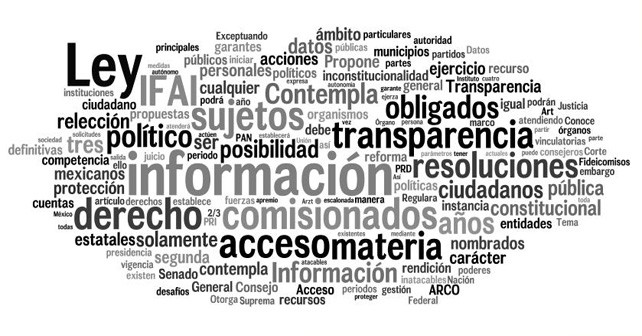
Do you think there is enough control over European funds?
This is a question that should be asked to the Court of Auditors. However, we received procedural complaints regarding EU funds. Some of them, for example, refer to how the European Commission audits contracts for the projects it has helped to finance.
What institutions and issues have been the subject of most complaints?
Most of our complaints relate to the European Commission, which reflects its administrative size, scope and production. The next source of complaints is the EU agencies.
Do the Spaniards make many complaints?
Most of the complaints we receive every year are from Spain, but they are mostly about national issues, so my office cannot provide direct help. We only advise where they should address their complaints. In 2015, there were 323 complaints from Spain that were not included in the mandate of the European Ombudsman, while we opened 27 consultations.
What kind of complaints do Spanish the general public have?
In recent years we have redirected complaints to the Spanish Ombudsman concerning social and health policies; Consumer rights, banks (mortgages, evictions); As well as allegations of corruption in regional and national administrations. Consultations of Spanish the general public touch a wide range of topics. A recent Spanish question refers to the public consultations that the Commission is undertaking to report on its policy formulation. The complainant requests that these consultations be published in all EU languages. Last year, Spanish the general public and NGOs lodged a complaint that the Commission had not made an assessment of the human rights impact of the EU-Turkey agreement on asylum-seekers and migrants crossing from Turkey to Greece.
What are your projects for the next few years?
One of the most important projects will be the transparency of the Brexit talks. EU the general public have expressed concern about the potentially profound implications of the outcome of the Brexit negotiations. I want to do everything possible to help protect the rights of EU the general public. This can best be done by addressing the need for information so that the general public know what to expect and when. I have written to the European Commission - which until now has been very cooperative on this issue - asking you to detail the agreements you intend to put in place to ensure transparency and ensure the appropriate input from stakeholders during the Brexit negotiations.
And my work on the transparency of the EU Council represents an important task for next year. I hope that the general public are better informed about who makes decisions, when it comes to Editorial EU bills.







